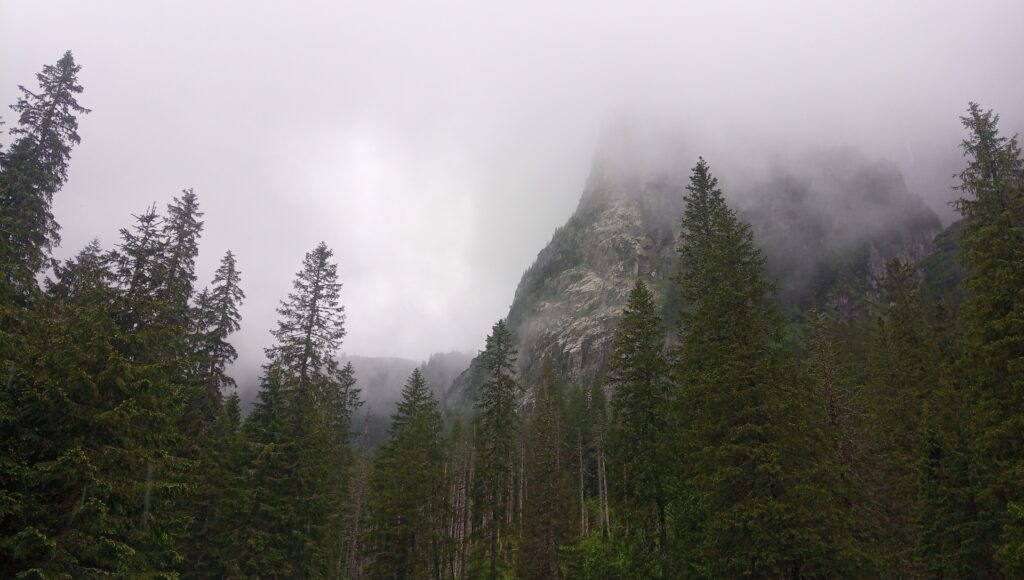June 17, 2024 – Zvolen, Slovakia. The majestic High Tatras in Slovakia, renowned for their stunning landscapes and rich biodiversity, have been significantly affected by a severe outbreak of the bark beetle (Ips typographus). This outbreak has particularly ravaged the Tatra National Park, leading to profound ecological changes. The devastating impact is visible, with water eroding the thin soil layer where beetle-killed trees once thrived, leaving behind exposed rocks. Experts warn that soil recovery could take centuries, drastically transforming the landscape.
As part of the Horizon Europe project, the RESDiNET team has been at the forefront of studying this ecological crisis. Recent expeditions by Dr. Rastislav Jakuš and a PhD student Matúš Pivovar to the Javorova Valley and Bielovodska Valley in the Belianske Tatras have provided valuable insights into the outbreak. Since 2014, the dynamics of the European spruce bark beetle have caused significant disturbances in these forests, even impacting stands of Swiss pine (Pinus cembra). In an informative video, Matúš Pivovar explains the devastating effects of this pest on the Tatra forest ecosystem.
Observations were conducted in the seventh forest vegetation stage, located just below the alpine and subalpine zones, near the tree line. In these areas, the soil layer is alarmingly thin, often just a few centimetres thick, revealing the limestone beneath. This fragile soil is highly susceptible to erosion, particularly around rocky outcrops. Heavy rainfall exacerbates this issue, leading to potential flooding and increased hydrological risks.
To better understand the full impact of the bark beetle and drought conditions, the Department of Disturbance Ecology at the Institute of Forest Ecology of the Slovak Academy of Sciences will employ a combination of aerial and satellite imagery, along with detailed field measurements. This comprehensive monitoring approach aims to shed light on the ongoing changes and inform future conservation efforts.
The RESDiNET project continues to document and share the research findings, emphasizing the urgent need for ecological research and conservation in the face of climate change. Follow our journey and support our efforts on Facebook, Instagram and Youtube to uncover vital discoveries that could help mitigate the impact of such environmental disturbances.
Many thanks to Matúš Pivovar @matus_piv for his excellent video documentation, which plays a crucial role in raising awareness about this pressing issue.

